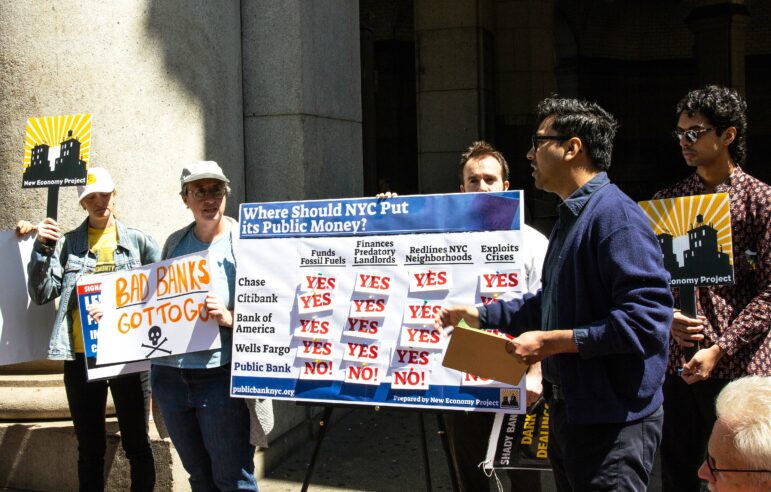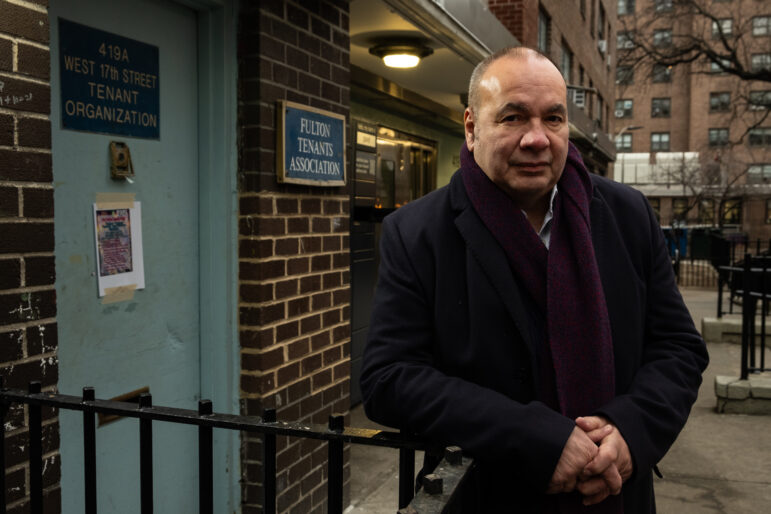New York’s army of uninsured workers is about to lose a few soldiers: its nannies. And it’s not the government, nor the nannies themselves, who’ll be footing the bill. It’s the individual families that employ them.
The initiative is the brainchild of insurance nonprofit Working Today—best known for offering health insurance to freelancers like photographers and filmmakers. The concept is simple: Working Today pools together workers to buy coverage at group rates. Then individual workers shell out the premium, roughly $200 per month. That’s well below what it would cost to buy on the private market-and it can be upgraded to include family.
But even $200 a month, admits Working Today executive director Sara Horowitz, can be steep for private child care providers, many of whom make too much to qualify for government insurance but have little disposable income. “They can’t typically afford to pay all of it,” said Horowitz. “That’s why we’re reaching out to the parents.” To that end, outreach has concentrated on forums where socially conscious, affluent parents are likely to congregate: progressive private schools, nanny agencies and National Public Radio.
It’s not as farfetched as it sounds. Professor Russell Pearce and his wife have relied exclusively on nannies since their children, ages 11 and 14, were born. “We had been looking for a number of years for health insurance for our nanny,” said Pearce, a legal ethics professor. Pearce even looked into classifying his family as a business to take advantage of a state program helping small businesses offer health insurance. When Working Today opened its doors to nannies, Pearce jumped at the chance. “It’s the right thing to do,” said Pearce.
Still, not all parents are so conscientious—and even if they are, adding $2400 to their annual child care budget may be untenable. Simply appealing to affluent parents’ good will can be a dicey proposition, said Erline Browne, a nanny currently looking for work.
“There’s a small minority of people who will provide that, a very small minority,” said Browne, who works with Domestic Workers United, an organization of nannies and housekeepers that helped draft City Council legislation passed last year requiring nanny agencies to inform employers of their legal obligations. She currently pays for her own health insurance at a cost of $465 a month. “A lot of people don’t even want to pay on the books. If they don’t want to give you $500 a week for 50 hours, they’re certainly not going to pay medical,” said Browne.
So far only a handful have signed up their nannies, though Horowitz stresses that outreach just started in August. “Many, many parents have the economic means to pay $200 a month,” she said. “We want to start with nannies employed by people who can pay for their health insurance,” she said, adding that individual nannies can also sign up for the insurance on their own. “And then figure out where we can be helpful.”








